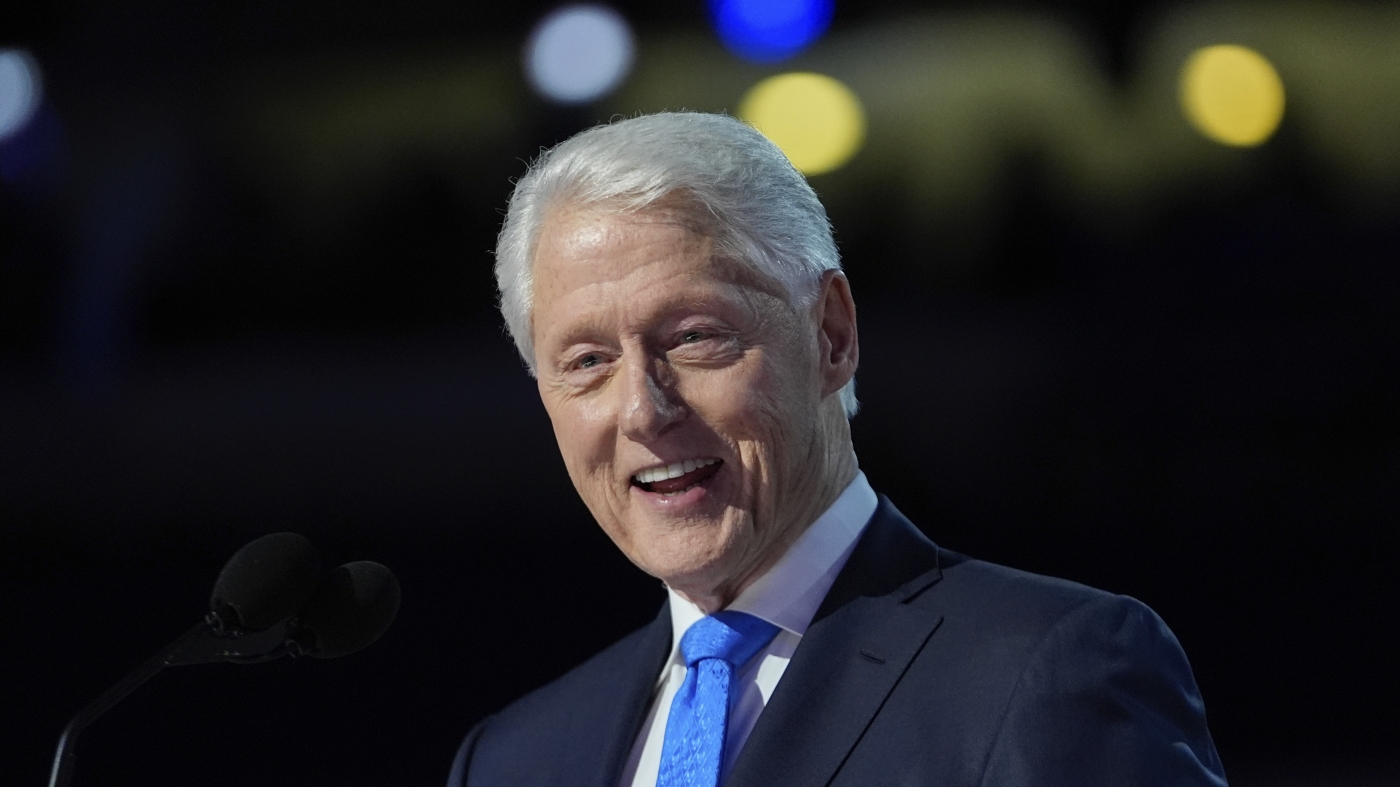Is Starmer speech a ‘plan for change’ or ‘emergency relaunch’?

They are not perhaps the most elegant duo of words, but they get to the heart of what the prime minister wants to set out in a wide-ranging speech on Thursday – what senior folk in government describe as “measurable deliverables”.
In other words, Sir Keir Starmer’s “plan for change” to be revealed later will include half a dozen understandable, digestible promises and a deadline – the next general election.
It is a plan not without risk because while success, against those metrics at least, would be transparent, so too would failure.
There will be six targets – or as Labour will put it “milestones” – in the PM’s remarks.
These milestones are more housebuilding and planning reform, speeding up how long it takes to get a routine NHS operation, putting more police on the beat and improving pre-school education. There will also be a greener energy target for the UK.
“My government was elected to deliver change, and today marks the next step. People are tired of being promised the world, but short-term sticking plaster politics letting them down,” Sir Keir will say.
“My mission-led government will deliver.”
Insiders I talk too are pretty sanguine about the prospect of this being seen by critics as a re-launch.
Perhaps a good job, given the Conservatives are saying precisely that, branding it an “emergency relaunch” and the Liberal Democrats have suggested the milestones were “on the road to nowhere” without what they see as a proper plan.
The relaunch critique carries some bite given the bumps the new government has endured.
But it is also true to say I have picked up chat about the planning for this moment for quite a while, where ministers would try to shift beyond their initial pitch billed as “fixing the foundations” and add to that by giving themselves a framework around which people can understand what they are prioritising.
They want to create a story about what they are trying to achieve so when the prime minister and his cabinet ministers are out and about they have stuff to point to about what they are focused on.
And, crucially, that means what they are paying less attention to as well – because you can’t prioritise some things without the trade off of deciding you are less fussed about other things.
What about immigration, both legal and illegal? Expect Sir Keir to argue that border security, national security and economic security are the basic must haves a government must deliver. But it doesn’t appear immigration will be one of the milestones, beyond a commitment to cut it.
Senior figures say they want to learn what they see as the lessons from the recent American presidential election – talking to voters in concrete, relatable terms and not in abstract international comparisons.
So while ministers remain committed to delivering the highest sustained growth in the G7 group of rich countries, for instance, the promise will instead focus on how well off, or not, you might feel as a family – whether you have more money to spend.
The arc of what we are seeing here can be traced back to February 2023, when Sir Keir first set out his so-called “missions” for government.
They provided the backbone for the general election manifesto, but while their advocates insisted they provided a detailed blueprint for government, critics fretted they lacked retail detail – snappy, understandable, even memorable promises, that were measurable.
Speaking to people in Downing Street and elsewhere, I detect a growing frustration with the capacity of the government machine to do what they believe needs doing.
More money might make things a bit better or quicker, goes their logic, but they won’t significantly improve without reform.
There is a hope attempts to get government departments to work better together can help – via so-called ‘mission boards’ – but critics say every government has tried this even if they have branded them differently.
It is also hoped these promises will help galvanise Whitehall into action and that technological breakthroughs, not least artificial intelligence, can revolutionise the efficiency of government – and mean it can do more for less. Let’s see. It is a helpful hope, given budget projections a few years down the track suggest just that – having less than they might have hoped for.
One senior government figure reflected they anticipated the speech could be greeted by a “tsunami of cynicism” given the anti politics mood of recent years and what Labour see as a catalogue of broken Conservative promises.
But they think, they hope, long term promises they can be seen to keep can help take on any waves of negativity.
That is, of course, assuming they can deliver.
Source link




